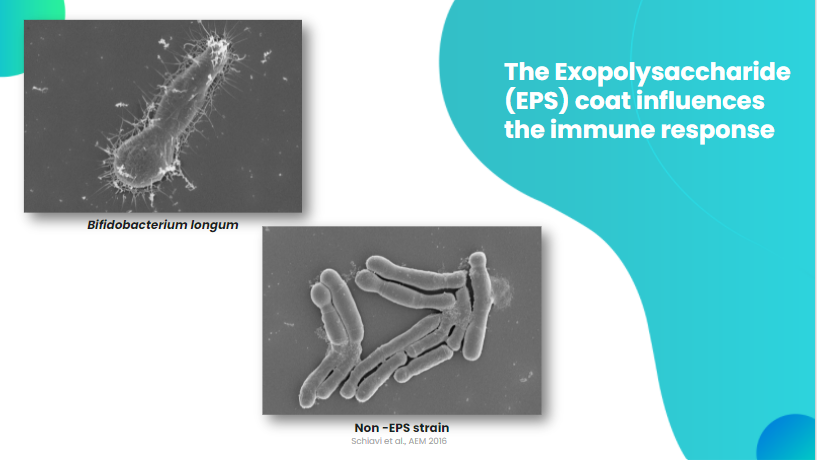Seventy six percent of IBS (Irritable bowel syndrome) patients also suffer from psychological comorbidities such as anxiety, depression, fatigue, stress, as well as
- Interstitial cystitis (painful bladder syndrome) and urinary frequency
- Chronic pelvic pain
- Migraine headaches or ones called migraines
- Chronic Fatigue Syndrome
- Celiac Disease & Inflammatory Bowel Diseases
- Fibromyalgia Syndrome
Risk of developing IBS increases six-fold after gastrointestinal infection and remains elevated for at least 2-3 years post-infection. Ten percent of patients who have bacterial gastroenteritis develop IBS. It is suggested that an exposure to pathogenic organisms disrupts intestinal barrier function, alters neuromuscular function and triggers chronic inflammation which sustains IBS symptoms.
Various risk factors include demographics, psychological disorders, and severity of enteric illness. Campylobacter, Shigella, Salmonella, and E coli are all common pathogens of the intestinal tract that can cause this. An unhealthy microbiome allows these organisms to multiply and create a cascade of inflammatory events that further degrade the intestinal microbiome. Restoring microbiome health should be first and foremost in any recovery program. My book gives an expanded perspective on this topic in the chapter digestive disorders.
Together, B. longum 35624 & B. longum 1714 improved symptom severity in 82% of IBS patients Reduced overall IBS symptom severity by 45% on average with improvements in abdominal pain severity, pain frequency, abdominal distention severity, and bowel habit satisfaction. Reduced depression & anxiety scores. Improved sleep quality and quality of life scores.
What are Silent Probiotics? Both Bifidobacterium longum 35624 and Bifidobacterium longum 1714 have a special sugar coating called an Exopolysaccharide coat (EPS). • This fancy sugar coat helps 35624 and 1714 go into” incognito mode” to avoid triggering the immune system. ZenBiome Dual contains both of these vital strains.

